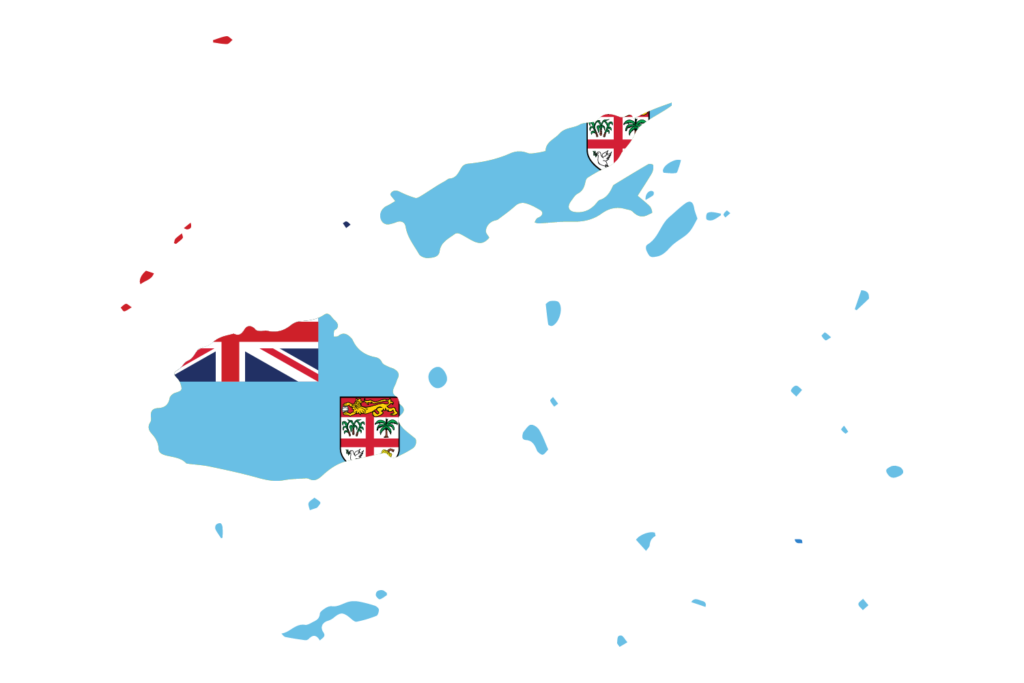Immigrants in Fiji
Fiji, a beautiful island nation located in the South Pacific, has a diverse population that includes immigrants from various countries around the world. While Fiji is known for its indigenous Fijian and Indo-Fijian populations, there are also immigrants from other countries who have made Fiji their home.
Historically, Fiji has been a destination for immigrants from neighboring Pacific island countries such as Tuvalu, Kiribati, and Solomon Islands. These immigrants often come to Fiji for work, seeking better employment opportunities and economic prospects.
In recent years, Fiji has also seen an increase in immigrants from countries such as China, India, and the Philippines. These immigrants may come to Fiji for various reasons, including employment, business opportunities, or to join family members who are already living in Fiji.
Fiji has immigration policies in place that regulate the entry and stay of immigrants in the country. Immigrants are required to obtain appropriate visas and permits to legally reside and work in Fiji. There are also specific requirements for those who wish to become permanent residents or citizens of Fiji.
Once immigrants arrive in Fiji, they may face challenges related to cultural adjustment, language barriers, and integration into the local society. However, Fiji is known for its warm and welcoming culture, and immigrants often find support and assistance from local communities and organizations.
Immigrants in Fiji contribute to the cultural, social, and economic diversity of the country. They may work in various industries, including tourism, agriculture, construction, and services. Some immigrants also start their own businesses, contributing to Fiji's entrepreneurial landscape.
It's important to note that Fiji, like any other country, has its own laws and regulations regarding immigration, and immigrants are expected to abide by these laws and respect the local culture and customs. Fiji's government and society continue to work towards creating an inclusive and harmonious environment for immigrants, ensuring that they are treated with dignity and respect, and have access to opportunities and services that promote their well-being.

